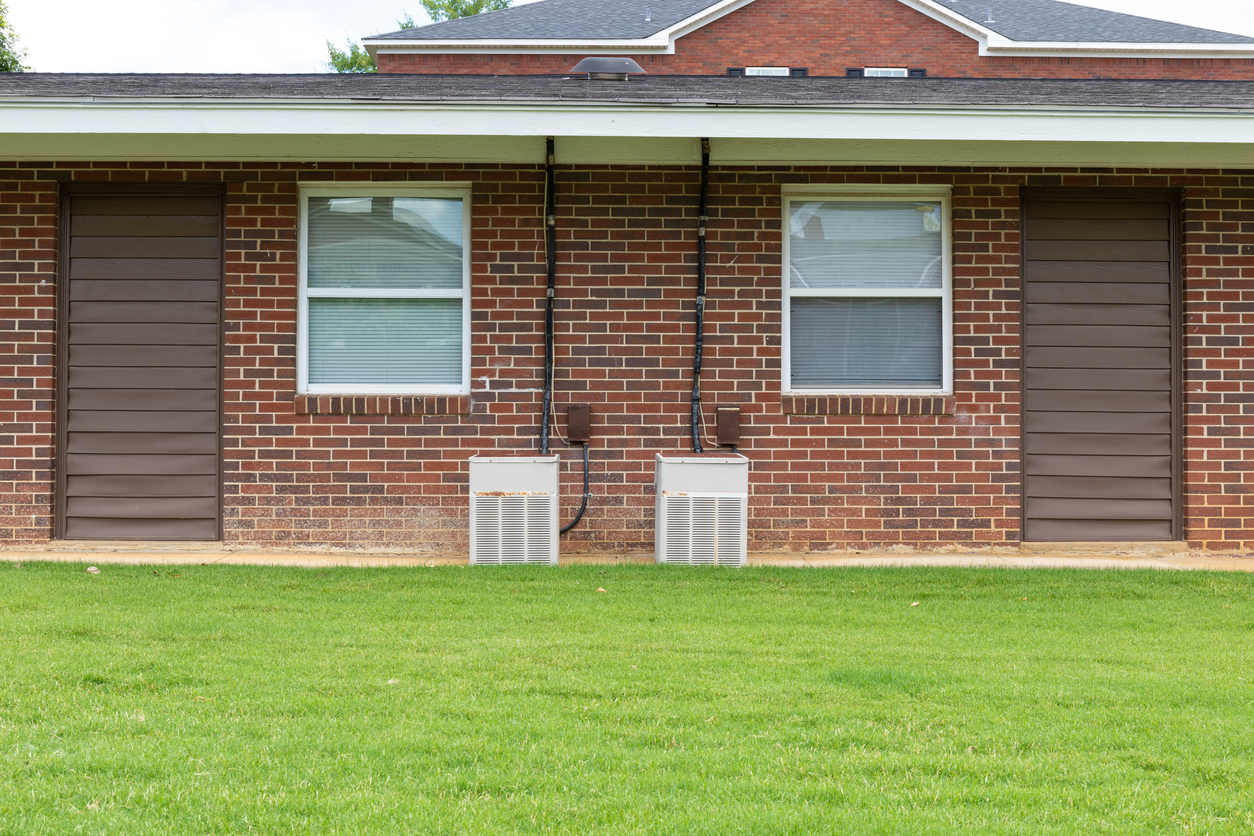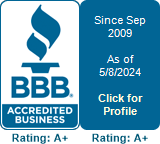Are Heat Pumps Energy Efficient
As the use of energy and sustainability issues take centre stage, homeowners have begun to look for energy-efficient heating and cooling solutions. Heat pumps are establishing themselves as a promising contender among the various options available. But how efficient are heat pumps in terms of energy consumption?
To find out more, keep reading!
What are the most energy-efficient heat pumps?
There are many types of heat pump units to consider when it pertains to energy efficiency. Here are a couple of the most cost-effective heat pumps on the market:
1. Air-source heat pumps (ASHP): One of the most popular options amongst homeowners, particularly for those living in temperate climates, are air-source heat pumps. Air-source heat pumps' energy efficiency has improved as technology has evolved, and numerous brands now have higher SEER (Seasonal Energy Efficiency Ratio) and HSPF (Heating Seasonal Performance Factor) ratings. For optimal energy effectiveness, seek out heat pumps with high SEER and HSPF values.
2. Ductless mini-split heat pumps: Ductless mini-split heat pumps are incredibly efficient due to the fact that they eradicate the energy losses that come from the ductwork. They are made up of an outdoor component and one or a number of inside units that can be set up in different rooms. Every indoor appliance works separately. And as a result, homeowners and members of their families are able to customize the heating and cooling functions of their space while reducing the waste of energy.
It is crucial to note that climate, correct measurement and installation quality, insulation, and regular service all have an impact on the energy effectiveness of a heat pump. Look for heat pumps with high SEER and HSPF, as stated above and consult with HVAC professionals to guarantee that the heat pump is appropriate for your unique requirements and environmental circumstances.
Do heat pumps really save energy?
Yes, heat pumps are well-known for their ability to save energy. Heat pumps can provide substantial savings in energy when compared to conventional air conditioning and heating systems. Here are just a couple of the reasons why heat pumps are regarded as energy-efficient:
· Heat transfer rather than heat generation: Heat pumps transfer heat rather than create it, which saves energy.
· High coefficient of performance (COP): Heat pumps with COP values greater than one produce more heat energy than they consume in electrical energy.
· Dual operation: Heat pumps can operate in both heating and cooling modes. Therefore, you will only need to install one heat pump as opposed to separate heating and cooling units.
Remember, the efficiency of a heat pump will not only vary depending on the type of unit you have installed but also on how well you take care of it throughout its service life. At the same time, where you live can also significantly impact how efficient a heat pump will be. For example, if you reside in an area with below-freezing temperatures like Alberta, a heat pump might not be the best idea for you compared to homeowners who live in areas like Toronto or the surrounding neighbourhoods, given the milder climate they experience.
Furthermore, energy consumption will vary between households, regardless of whether they all have heat pumps installed, given the unique characteristics of each property and the energy consumption habits of every homeowner. As such, if you want to optimize your energy efficiency to save money, make sure to use your heat pump correctly and consult with a professional HVAC technician on other ways you can save on your monthly utility costs!
Is it worth upgrading to a heat pump?
Several factors influence whether it is worthwhile to upgrade to a heat pump. Here are some things to think about to help you make a choice that is well-informed:
· Climate: Consider if your climate is suitable for a heat pump's efficiency.
· Energy costs: Compare potential energy savings to the upfront cost of a heat pump.
· Existing system: Assess the condition and efficiency of your current HVAC system to determine if it is time for an upgrade.
· Incentives: Check for available incentives or rebates to offset the cost. (Hint: there are numerous rebates available for homeowners who live in Ontario)
· Long-term plans: Consider how long you plan to stay in your current home. As heat pumps are more expensive to install, they may only be worth it if you are planning on living in your home for more than 10 years.
· Environmental impact: Heat pumps are environmentally friendly alternatives. So, if you want to reduce your carbon footprint, a heat pump might be the best solution for your home!
It is best to consult with HVAC professionals who are able to assess your unique requirements, evaluate your home's compatibility with a heat pump, and provide precise costs and energy savings forecasts before making a final decision.
What does a heat pump require to run?
A heat pump relies on a consistent and dependable supply of electricity to power its key parts, ensuring effective operation and the supply of heating or cooling. Electricity is required to power the compressor, which is essential in the heat pump's coolant cycle. The compressor works by compressing the refrigerant, increasing its temperature, and allowing for efficient heat exchange. Furthermore, electricity powers the fans and blowers that circulate air through the heat pump's evaporator and condenser coils. These parts promote heat transfer between the refrigeration fluid and the ambient air to heat or cool the intended space.
Furthermore, the heat pump's controls and sensors, which keep track of and control different settings, such as temperature and its state of operation, are powered by electricity. Finally, a heat pump can't fulfill its intended purpose and provide the required heating or cooling abilities without an ongoing source of electricity.
Are you ready to move ahead with your heat pump installation project? If so, Mersey Heating and Air Conditioning are prepared to guide you through the process! Call and book an initial consultation appointment with our home comfort advisors today to receive a free new system purchase quote!







